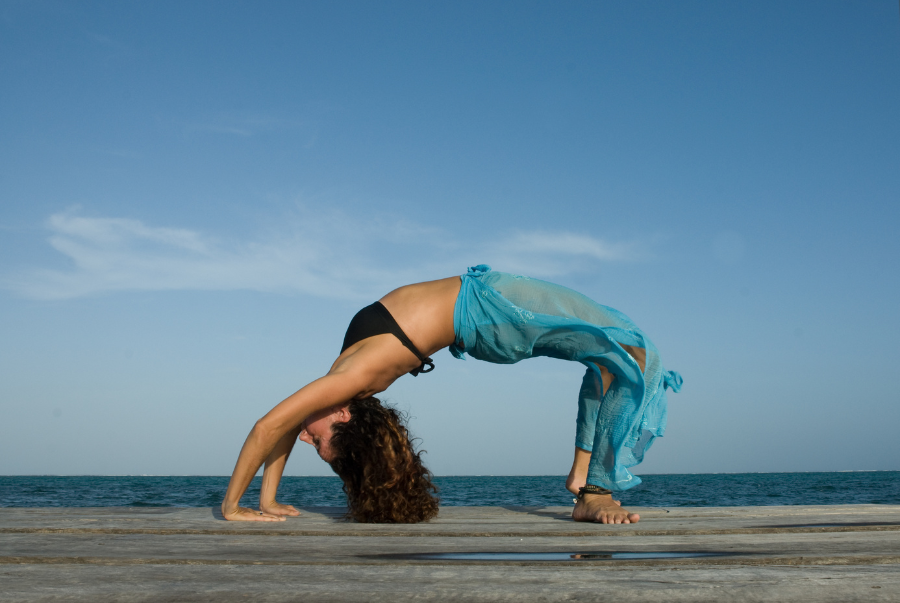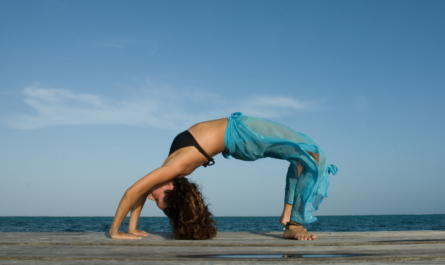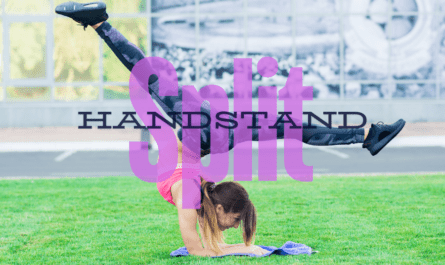Learning how to do a handstand bridge for beginners is an exciting milestone in gymnastics. This move combines strength, flexibility, and balance, making it a fantastic exercise for anyone looking to enhance their gymnastic skills. In this guide, we’ll break down the steps to help beginners master the handstand bridge safely and effectively.
What is a Handstand Bridge?
A handstand bridge is a transition move where you start in a handstand position, then arch your back to move into a bridge position, with your hands and feet on the floor and your stomach facing upwards. It’s a beautiful and impressive skill that showcases flexibility and control.
Steps to Perform a Handstand Bridge
Step 1: Warm-Up
Before attempting a handstand bridge, it’s crucial to warm up your body. Focus on stretching your wrists, shoulders, back, and legs. Here are some warm-up exercises:
- Wrist circles and stretches
- Shoulder rotations
- Back stretches (cat-cow poses)
- Leg stretches (lunges and hamstring stretches)
Step 2: Handstand Practice
If you’re not yet comfortable with handstands, spend time practicing this skill first. Here’s how to get started:
- Find a Wall: Use a wall to help you balance as you kick up into a handstand.
- Kick Up: Place your hands shoulder-width apart on the floor, about a foot away from the wall. Kick one leg up, followed by the other, until your feet touch the wall.
- Hold the Position: Practice holding the handstand for a few seconds, gradually increasing the time as you become more comfortable.
Step 3: Bridge Practice
Next, work on your bridge. Here’s how to do it:
- Lie Down: Start by lying on your back with your knees bent and feet flat on the floor.
- Hand Placement: Place your hands by your ears, fingers pointing towards your shoulders.
- Push Up: Push through your hands and feet to lift your body into a bridge position. Hold for a few seconds, then gently lower yourself back down.
Step 4: Combine the Movements
Once you’re comfortable with both the handstand and the bridge, it’s time to combine them.
- Handstand Position: Kick up into a handstand, using a wall for support if needed.
- Controlled Descent: From the handstand, slowly arch your back and start to bend your knees as you move your feet towards the floor.
- Find the Floor: As your feet approach the floor, adjust your hands if necessary and land gently into the bridge position.
- Hold the Bridge: Hold the bridge for a few seconds, then come out of it carefully.
Tips for Success
- Spotter: Have a spotter assist you during your first attempts. They can help guide your legs and ensure you land safely.
- Soft Surface: Practice on a soft surface like a gymnastics mat to reduce the risk of injury.
- Consistent Practice: Regular practice is key to mastering the handstand bridge. Be patient and persistent.
Common Mistakes to Avoid
- Rushing the Move: Take your time to control each movement. Rushing can lead to improper form and potential injuries.
- Poor Hand Placement: Ensure your hands are placed correctly to support your weight and balance.
- Neglecting Flexibility: Regularly stretch your back, shoulders, and legs to improve flexibility and ease the transition.
FAQs
Q: How long does it take to learn a handstand bridge? A: It varies for each person. With consistent practice, most beginners can learn the handstand bridge in a few weeks to a couple of months.
Q: Do I need to be flexible to do a handstand bridge? A: While flexibility helps, beginners can start with basic stretches and gradually improve their flexibility over time.
Q: What should I do if I feel pain in my wrists or back? A: Stop immediately if you feel pain. Ensure you’re warming up properly and not pushing yourself too hard. Consult a coach or a healthcare professional if the pain persists.
Q: Can I learn a handstand bridge without a spotter? A: It’s possible, but having a spotter can significantly reduce the risk of injury and provide guidance.
Q: How often should I practice? A: Aim to practice a few times a week, allowing your body to rest and recover between sessions.
Conclusion
Learning how to do a handstand bridge is a rewarding experience that builds strength, flexibility, and confidence. Remember to practice regularly, be patient with your progress, and always prioritize safety. Happy practicing!





